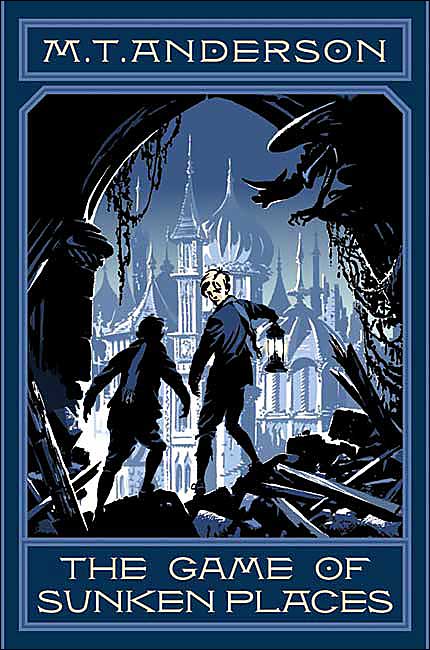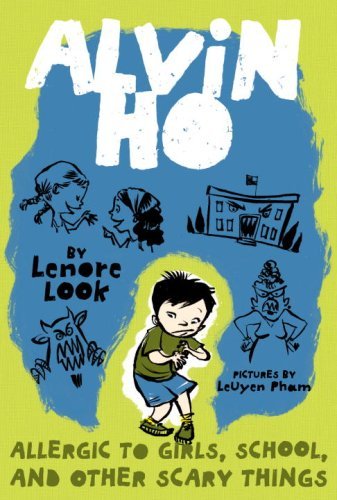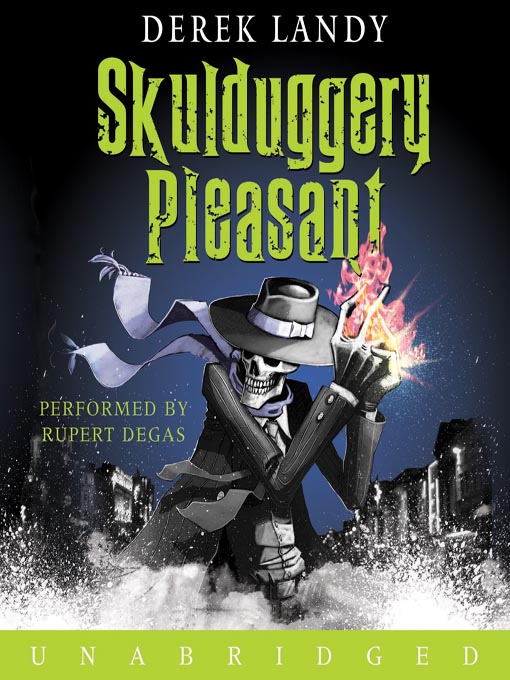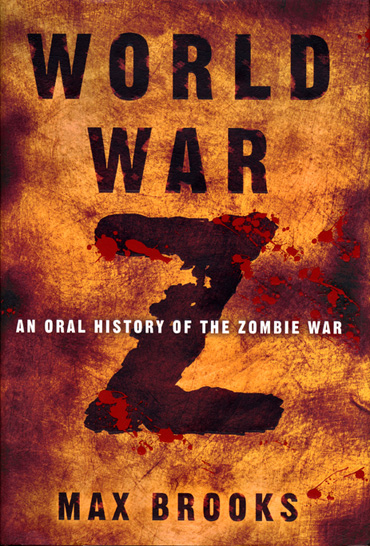
Big Rabbit's Bad Mood has got to be my favorite picture book of the new year. It embodies exactly what makes picture books fun, with simple (yet detailed) and surprisingly sophisticated illustrations with a clever story of Big Rabbit, who is being followed around by his bad mood. The bad mood is a bigfoot-lookin' creature with orangutan-length arms, who does things like eat the radio, knock things over and wipe his boogers on the floor. I read this story at storytime last Saturday, and we actually couldn't move forward from the booger moment because all the kids were laughing so hard. It's the perfect length for read-aloud when one is dealing with a variety of ages, since the concept is simple, but the execution works on several levels. And, for all the simplicity of the illustrations, it is incredibly evocative. Big Rabbit's face expresses a spectrum of emotion, from ennui to elation. Not to mention the bad mood, whose facial expressions are hilariously hedonistic (he really likes to eat things, like the radio and cacti). Ultimately, the bad mood makes a silent exit when Big Rabbit's friends all show up for his suprise birthday. Even his mommy, complete with pancake-cake, is in attendance. Perfect for kids, but fun for adults, just the way picture books ought to be.



















